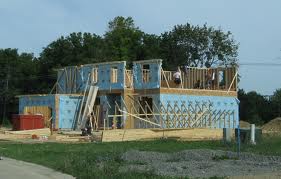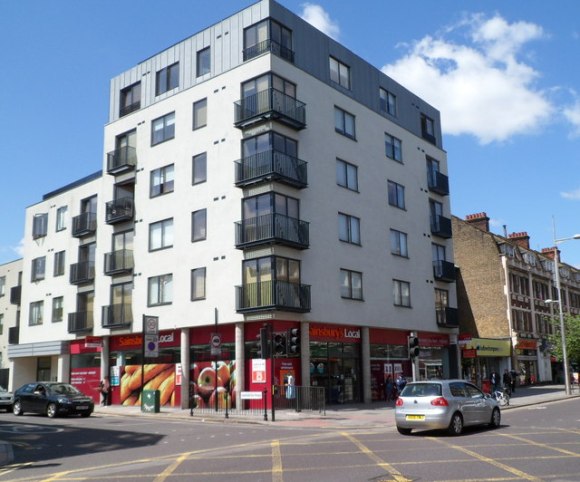The possibility of getting a second income through property developing can be tempting for many. There are dreams of making a quick buck by giving a house a lick of paint or the idea of working your way up the property ladder by turning over properties in a short period of time for profit. But for many amateur property developers a lot more time and money is wasted than they would have liked.
From over-valuing a property to unexpected costs, here are a few of the worst mistakes amateur property developers make:
Borrowing More Than Can be Afforded
Many lenders often believe that they should borrow as much money that they possibly can from the banks but this can often lead to problems. Where possible you should not borrow more than you can afford. Even if you think the sale of the property will make you a millionaire. Shop around for the best deals from development finance lenders and be realistic about your budget.
Buying in the Wrong Area
What new property investors need to learn is how to spot a good area to invest. You don’t want to be in an extremely expensive area and not every run down area is up-and-coming. And once you have found the perfect area if the house is on a main road, has no parking or poor transport links expect to take a discounted price.
One of the easiest ways of figuring out if the area is ‘right’ and if it is likely to sell is to simply ask yourself “would I like to live here?” Because if you wouldn’t live there how can you expect anyone else to.
Picking the Wrong Builder
Some builders will see you coming – the perfect amateur developer to con out of their money. So make sure to do your research, know your prices as not to get fleeced. You hear of all these horror stories such as on Cowboy Builders where work is below standard or simply not completed so make sure to use a well reputed builder.
Get references from previous customers and make sure to get a fixed price contract so if they drag out the work it won’t cost you anymore money.
The Quality Conundrum
Finding the balance between fittings and fixtures that look expensive but cost little can be tricky for a first time property developer. The finish of the property will also greatly depend on your budget and your intent for the home – will you rent or sell?
If you intend on renting then you can usually get away with a generally lower quality of finish. However you still want items that are long lasting or you will end up forking out a fortune in repairs. If furnishing to sell on then a higher quality is often required as if not buyers would expect a discount from the asking price in order to afford to replace these bits.
Not Thinking Before Acting – Planning Permission
Amateur developers are often so eager to get started that they start ripping things down before their planning permission comes through. Never assume permission will be granted or you may find yourself rebuilding what you’ve knocked down or the opposite.
Are you thinking about a career in property developing? Make sure not to make these mistakes!









